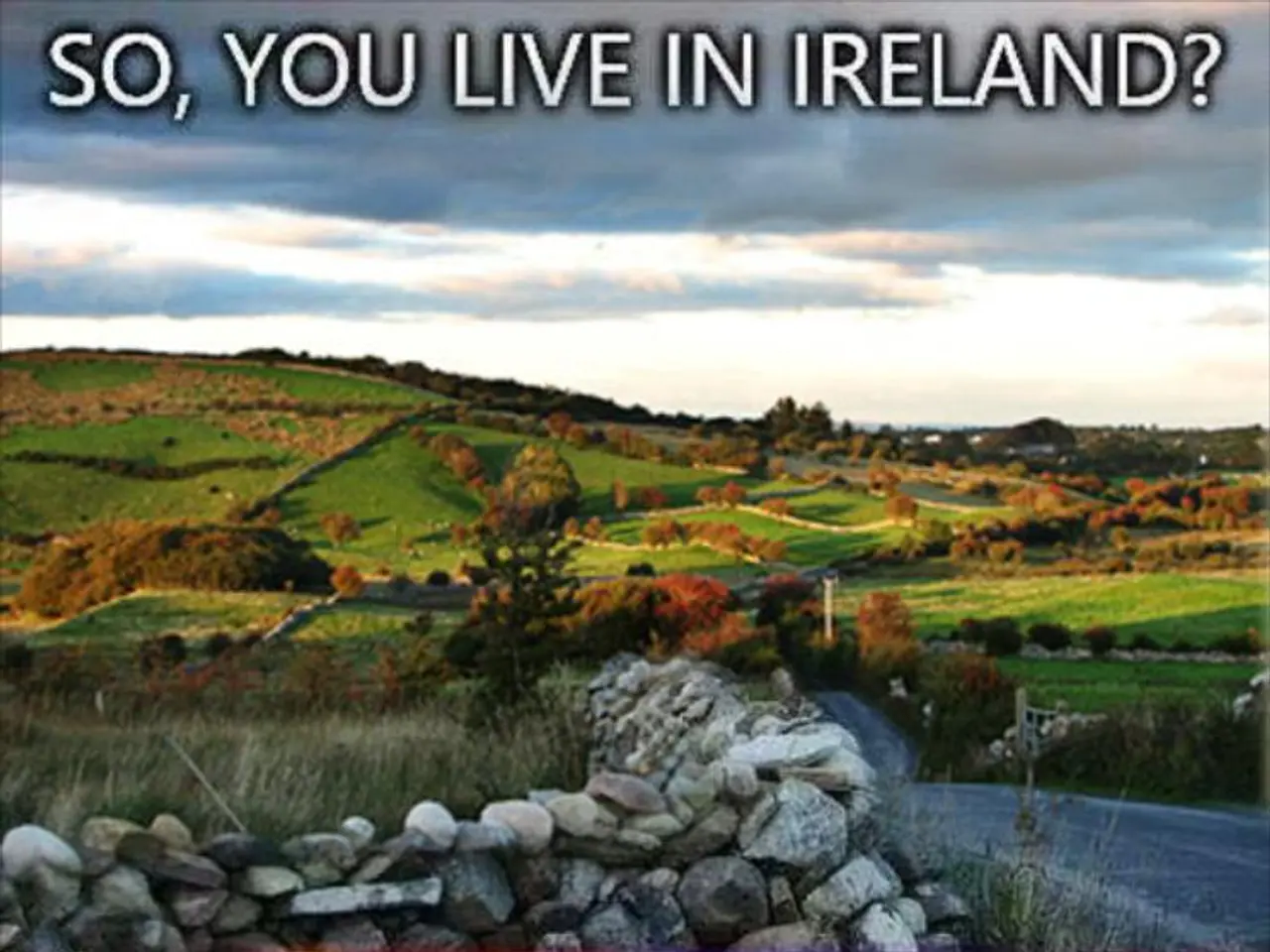Wildfires in Greece, 2025: Tourist Alert, Affected Locations and Safety Measures for Visitors
In the heart of June-July 2025, several coastal and rural locations in Greece, including northern Athens (Kryoneri), Boeotia, portions of the Peloponnese, and Crete, are either unreachable or under evacuation warnings due to the ongoing wildfire crisis. As a result, thousands of people have been evacuated, and there has been significant property damage[1][2].
The situation is extremely volatile, with the wildfire situation in Greece being highly unpredictable based on weather patterns. The fires are attributed to intense heat, dry weather, and strong winds, which have plunged the air quality in several areas of central Greece to unsafe levels, causing thick smoke[1].
In response to this crisis, the Greek government has issued severe warnings and advisories for locals and visitors from outside. The Greek Civil Protection and the Indian Embassy in Athens have provided official directives for Indian tourists visiting Greece this summer. Those already in Greece are advised to register with their local embassies and have access to emergency helplines[1].
Under the EU Civil Protection Mechanism, European allies have dispatched expert teams and aircraft as reinforcements to help combat the wildfires. Emergency services, including the military and aircraft, are working around the clock to contain the fires[1].
Prime Minister Kyriakos Mitsotakis has called for international cooperation and has declared the situation to be a "climate emergency." Official announcements encourage travellers to keep informed and reevaluate non-essential travel to central mainland regions[1].
Travellers are urged to monitor official emergency alerts such as the Greek government’s Emergency Communication Service and follow updates on platforms like @112Greece on Twitter. It is also recommended to register for emergency alerts, stay updated with local news and weather forecasts, and have a ‘grab bag’ ready with essential items in case of evacuation[3].
Travel insurance with coverage for wildfire disruption is strongly recommended. Insurance generally covers cancellations by airlines or accommodation providers but may not cover trip cancellations made without an official government ‘no-go’ advisory or cover “loss of enjoyment” due to being confined in hotels[3].
While travel to Greece is not officially banned, tourists should exercise caution, avoid wildfire-affected regions, maintain readiness for emergency situations, and ensure appropriate travel insurance is in place to mitigate wildfire-related risks[1][2][3].
To stay safe, travellers are encouraged to download the "112 Greece" emergency app and carry their insurance and identity documents close at hand. An emergency alert system that provides real-time information to mobile phones in impacted areas has been introduced by the Greek Ministry for Climate Crisis and Civil Protection[1].
As the wildfires continue to spread across Greece, it is essential for tourists to stay informed and vigilant. The current travel advisory for Greece advises tourists to stay informed, avoid affected areas, and possibly adjust travel plans for safety. Let's hope for a swift resolution to this crisis and a return to the beautiful, serene Greece we all know and love.
References: [1] BBC News. (2025, July 25). Greece wildfires: Thousands evacuated as fires rage across country. Retrieved from https://www.bbc.co.uk/news/world-europe-58112665
[2] The Guardian. (2025, July 25). Greece wildfires: Thousands evacuated as blazes rage across country. Retrieved from https://www.theguardian.com/world/2025/jul/25/greece-wildfires-thousands-evacuated-as-blazes-rage-across-country
[3] The Telegraph. (2025, July 25). Greece wildfires: What you need to know if you're travelling to the country. Retrieved from https://www.telegraph.co.uk/travel/destinations/europe/greece/articles/greece-wildfires-what-you-need-to-know-if-youre-travelling-to-the-country/
- As the wildfires continue to spread across Greece, it is crucial for tourists to monitor official emergency alerts and consider changing travel plans to less affected regions to stay safe.
- Science plays a vital role in understanding the environmental factors contributing to climate change, such as the wildfire crisis currently affecting Greece, and it is important for travelers to be aware of these factors when planning their trips.





